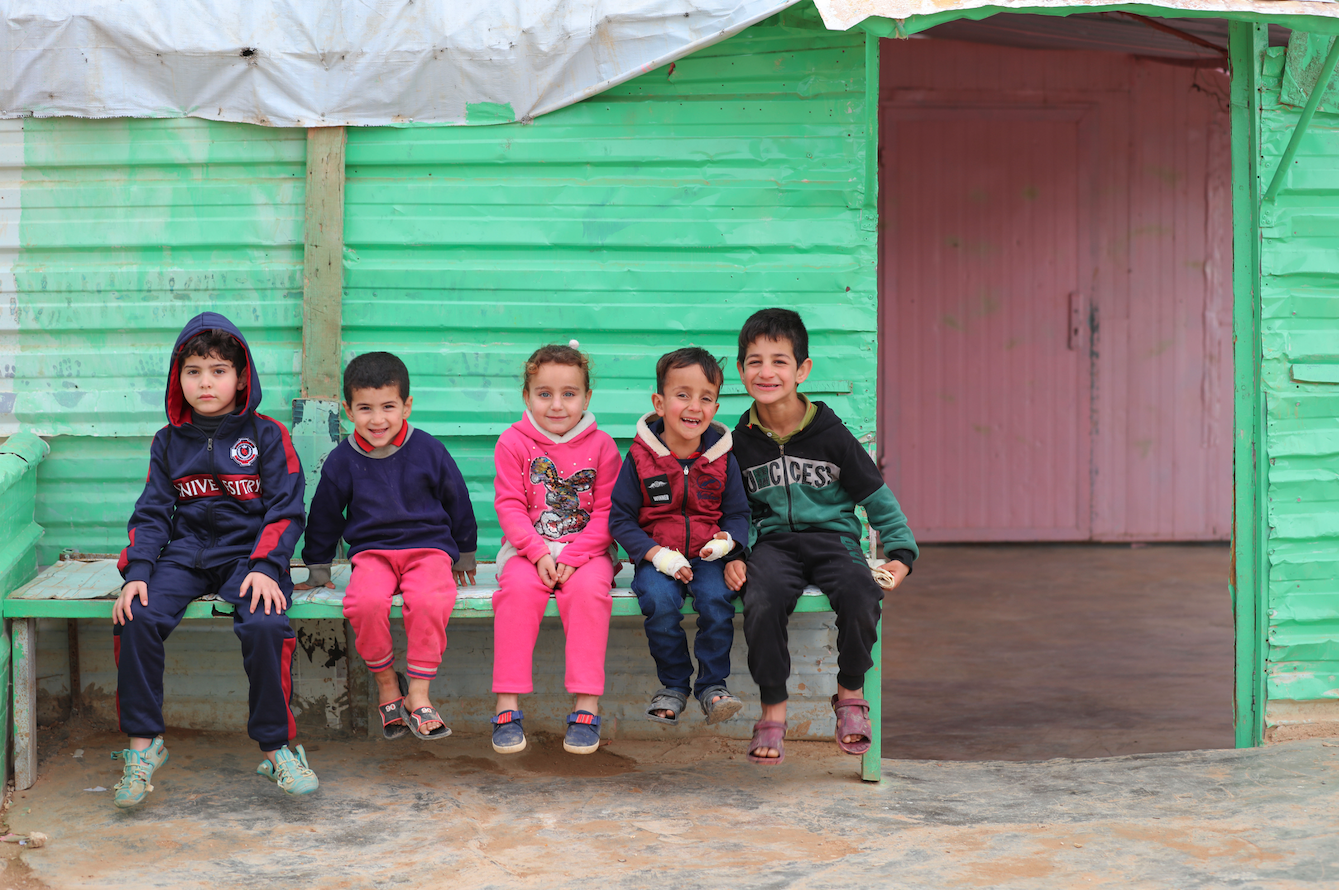
A virtual visit with representatives of the Jordanian government was held by the WFP Centre of Excellence against Hunger in Brazil on May 14 with the aim of facilitating the exchange of bilateral knowledge on school feeding programmes.
During the visit, the school feeding programmes of both countries were presented and key aspects of the Brazilian National School Feeding Programme (PNAE) were explored, which can contribute to the improvement of Jordan’s National School Feeding Programme (NSFP) and increase the country’s participation in the global effort against hunger and poverty, in initiatives such as the School Feeding Coalition and the Global Alliance against Hunger and Poverty.
Currently, the WFP in Jordan funds 72 per cent of the NSFP, while the local government covers the remaining 28 per cent. The programme provides meals to students in vulnerable communities and refugee camps across Jordan and is the only fully inclusive national safety net for refugees.
During the opening of the event, the director of the WFP Centre of Excellence against Hunger in Brazil, Daniel Balaban, praised Jordan’s school feeding model and its new stage of expansion. ‘School feeding is the guarantee of food and nutritional security for children, and this should be a priority in all countries,’ he said.
The Brazilian model
The Brazilian government began its speech by presenting the modality of South-South Trilateral cooperation, and initiatives to promote school feeding with strong Brazilian participation, such as the School Feeding Coalition and the Global Alliance against Hunger and Poverty.
For Paola Barbieri, Project Analyst at the Brazilian Cooperation Agency (ABC), Brazil’s participation and leadership in these spaces reveal the importance the government attaches to school feeding. ‘Brazil is increasingly invested in promoting school feeding on the international stage,’ she said.
Other topics covered were the multisectoral governance of the PNAE, financing, and monitoring and evaluation. Presenting how the Brazilian school feeding programme works, the general coordinator of PNAE at the National Education Development Fund (FNDE), Karine Santos, defended the universal nature of school feeding.
“Over the years, the Brazilian government has come to realise that school feeding is a human right, not a welfare policy. All children have the right to school meals, not just children in situations of social vulnerability,” she said.
The coordinator also addressed the connection between nutrition and agriculture, with a focus on food and nutrition education in schools and support for family farming. Karine ended her speech by inviting the Jordanian government representatives to attend the School Feeding Coalition Summit, which will take place on 18 and 19 September in Fortaleza (CE).
Participants
Among the participants from Jordan were government representatives, such as the Director of the Education Administration, Ahmad Masafeh, and WFP representatives in the country, such as Khaled Ayoub, Manager of School Feeding Activities and Ananda Paez, School Feeding Team Leader.
On the Brazilian side, the event was attended by Karine Santos, PNAE Coordinator and Paola Barbieri, ABC Project Analyst, as well as experts from the FNDE and the Brazilian Cooperation Agency (ABC). The Director of the WFP Centre of Excellence against Hunger in Brazil, Daniel Balaban, and Programme Officers Nayla Almeida and Letícia do Valle were also present.
A second virtual visit is planned for 28 May and will feature experts in a technical and interactive session to answer questions.




